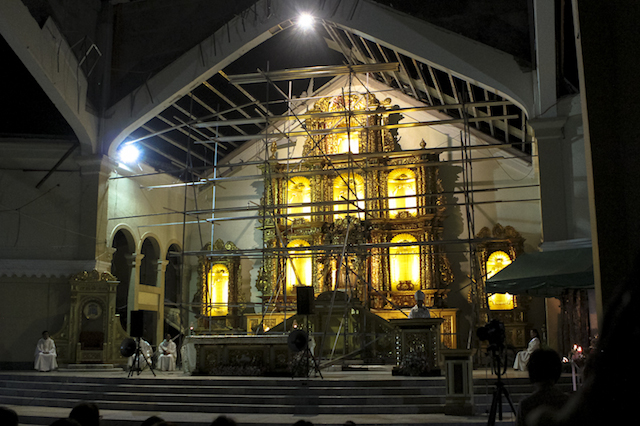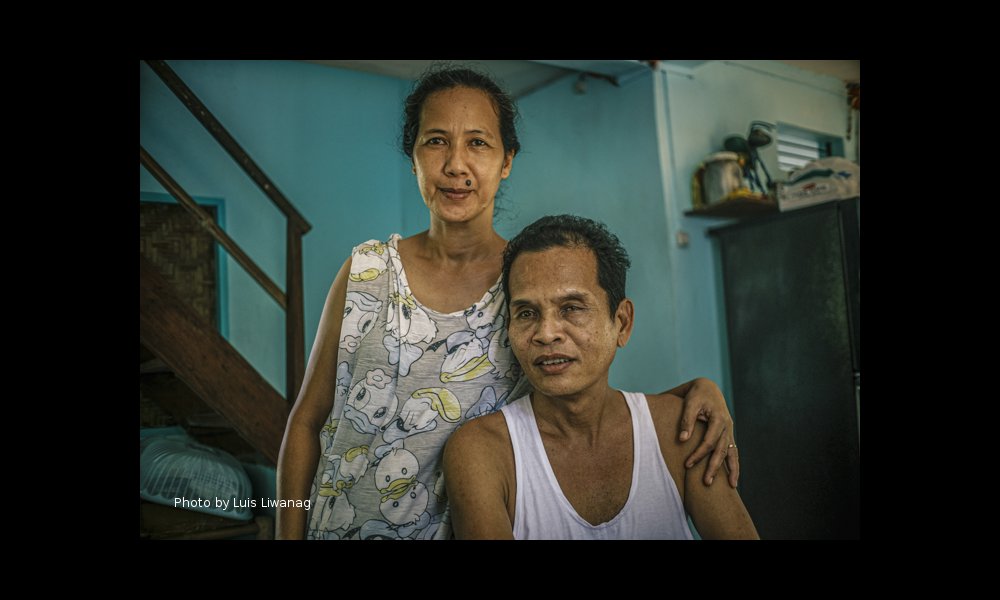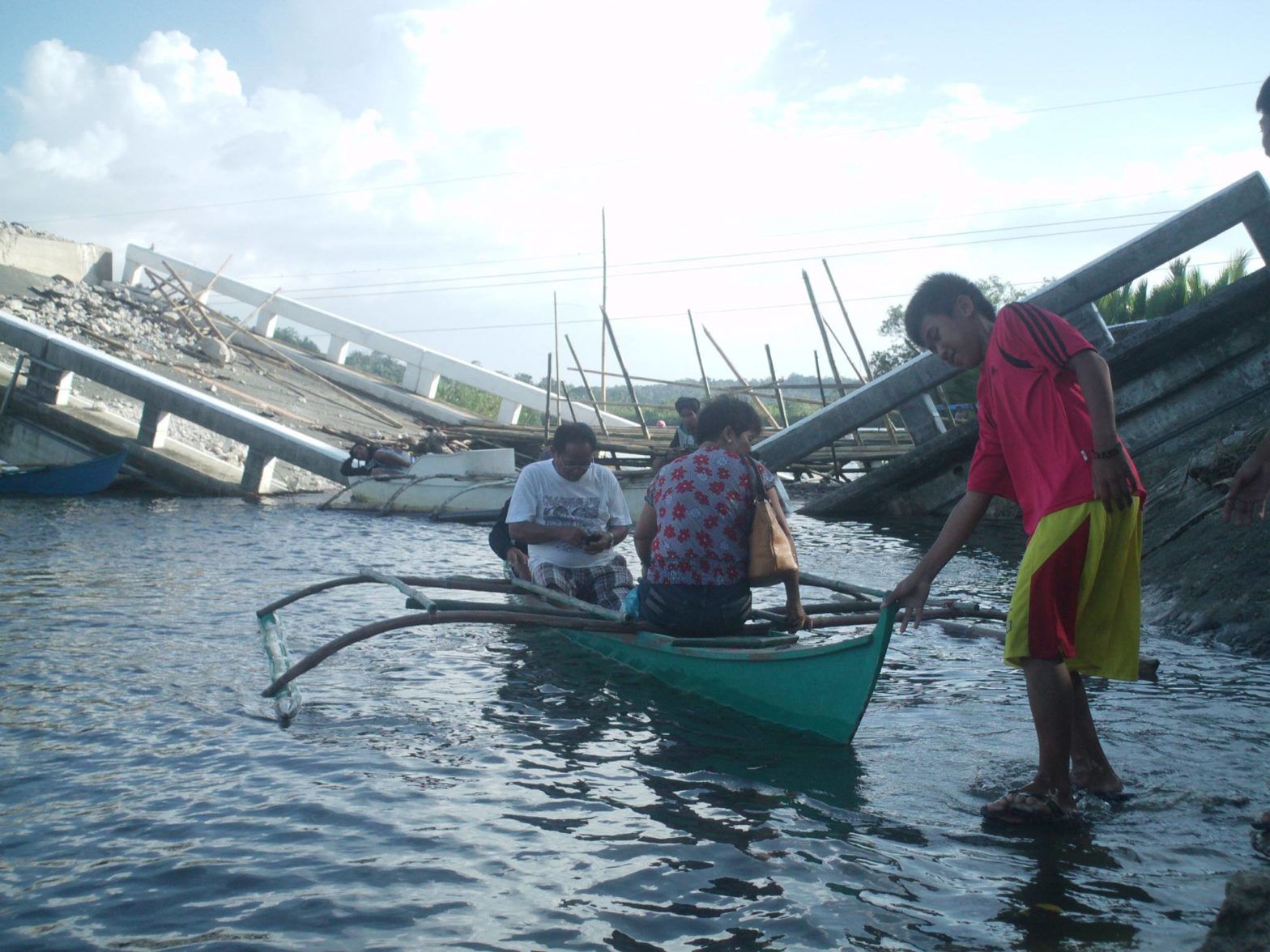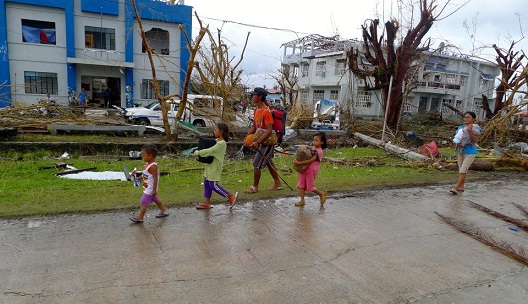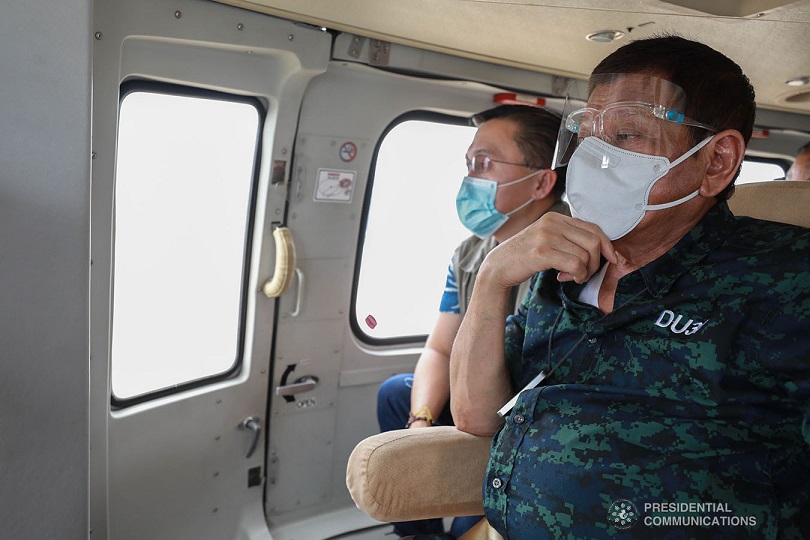By VERA Files
CHURCH bells rang as Filipinos marked the first day of Simbang Gabi on Monday.
A time-honored Christmas tradition of the Catholic faithful, the devotees flocked to dawn masses as they do every December.
It’s no different for churchgoers in the Visayas, despite having been stricken by two of the country’s worst natural disasters that have left thousands dead and homeless.
The earthquake in October had an energy equivalent of 32 Hiroshima atomic bombs, according to Renato Solidum of the Philippine Institute of Volcanology and Seismology.
Typhoon Yolanda in November, known internationally as Haiyan, was a Category 5 supertyphoon and the strongest storm recorded to make landfall.
These two disasters have made this year’s nine-day Misa de Gallo all the more significant for the survivors.
VERA Files correspondents Vicente Alejandro in Tacloban, Amiel Cagayan in Palo, Cooper Resabal in Bohol and Mechelle Florita in Cebu documented the first Simbang Gabi of 2013.
In typhoon-ravaged Leyte, people gathered in roofless churches. A tarpaulin serves as temporary cover at the Sto. Niño Church in Tacloban, which was among the hardest hit by Yolanda.
In the town of Palo, churchgoers sang the Lord’s Prayer under a midnight blue sky, visible through the damaged roof of the cathedral.
The majestic church in Maribojoc, Bohol crumbled during the 7.2 magnitude earthquake in October. Near the church ruins, resourceful and resilient villagers put up a makeshift structure for the dawn mass. They had managed to salvage a few pews from their old church.
The church in Bogo City in northern Cebu was full to capacity. The city had been hit by both the earthquake and Yolanda.
In all these parishes visited by disasters, the faithful came, seeking solace from the pain of losing their homes and loved ones—at the same time giving thanks for keeping them safe.
It would seem that they know exactly where God is, especially as Christmas nears. All they need to do was look up and see straight to heaven, many through their roofless churches.
